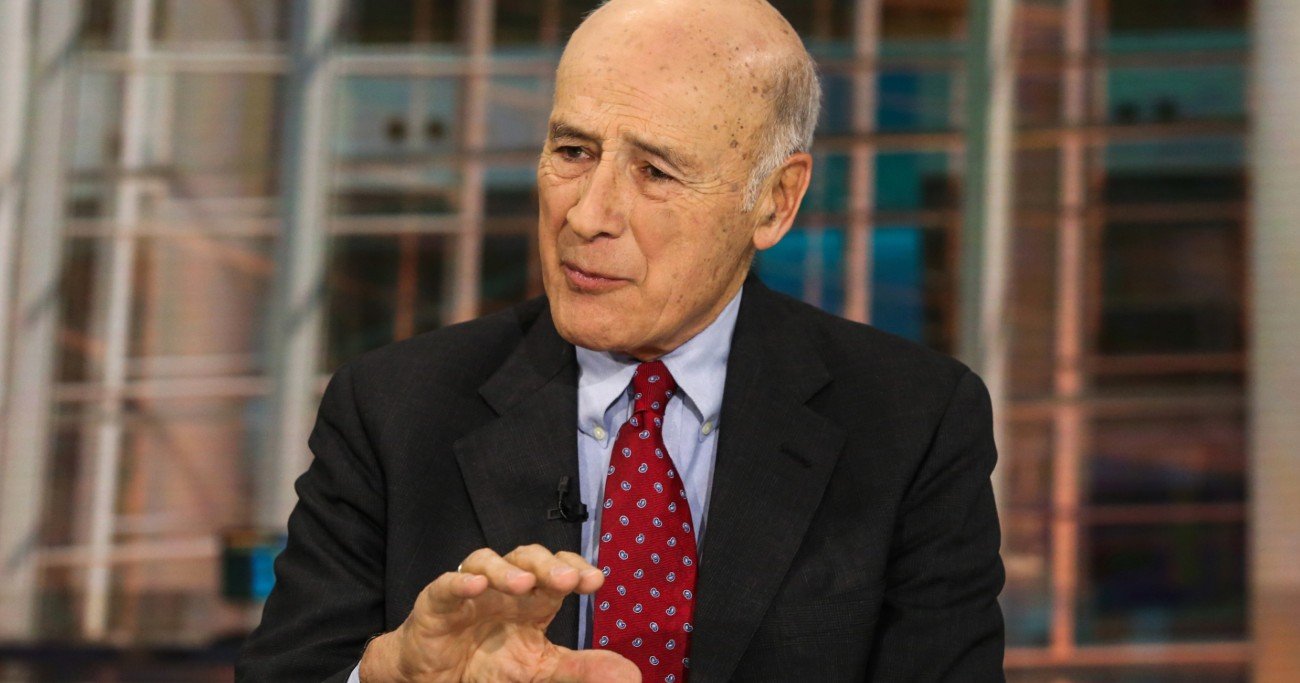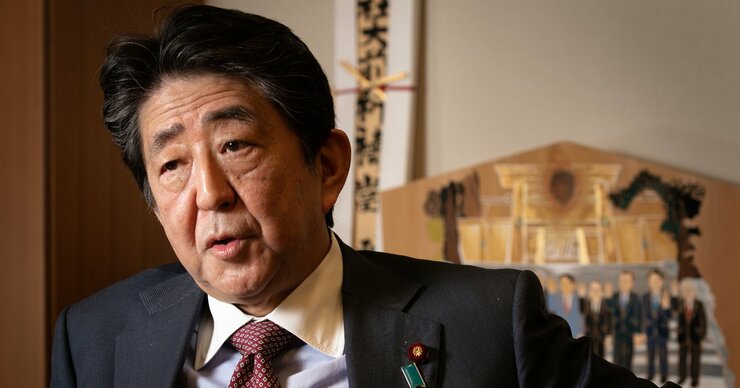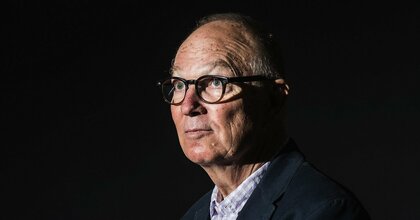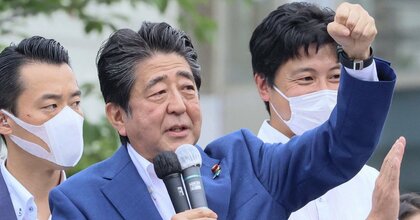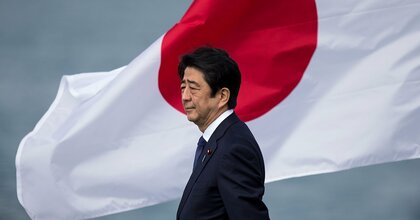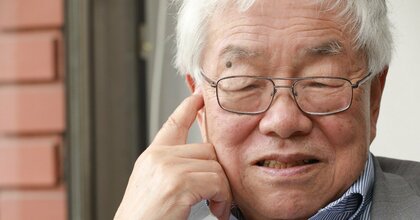Originally published in Japanese on Aug. 16, 2022
Modernizing foreign policy
Abe sought to maintain good relations with Japan’s most important ally, the U.S., regardless of who was in the White House. He proved adept at the task, building a cordial relationship even with U.S. President Donald Trump, who consistently put “America first” in all interactions.
“Donald Trump was a disruptive force in international politics and weakened some American alliances,” said Nye. “Japan-U.S. relations were an exception because of the skill with which Abe handled Trump.”
But Abe’s focus was not limited to the U.S. He cultivated strategic partnerships with India and Australia, established bilateral defense partnerships with the U.K. and France, and championed the free and open Indo-Pacific strategy.
“Abe Shinzo will be remembered by historians as the leader who brought Japan into the modern era in international politics,” Nye said of these achievements. “His work with the Diet to interpret the constitution (a 2014 cabinet decision that allows for collective self-defense) in a manner which would allow Japan to cope with the rise of China was important, as was his development of the concept of a free and independent Indo-Pacific region.”
What about Abe’s policies toward China?
Friendly relations with Beijing broke down early after Abe became premier in 2012, most notably after a 2013 visit to the Yasukuni Shrine. Relations then stabilized after the 2016 leaders’ summit in Hangzhou and a 2017 letter from Abe to Chinese President Xi Jinping voicing support for the Belt and Road Initiative.
After he stepped down as prime minister, however, Abe was more willing to speak out in support of Taiwan, irking Beijing. How would a Japan specialist view Abe’s stance on China?
The overall assessment was positive.“While the rise of China is a major challenge for other states in East Asia, it will require a combination of deterrence and engagement. Abe was able to manage both,” said Nye.
(Originally written in Japanese by Ryuko Sugimoto, translated and edited by Connor Cislo)
Joseph Nye was born in 1937. He graduated from Princeton University in 1958 and received a Ph.D. in political science from Harvard University in 1964. He was Deputy Under Secretary of State for Security Assistance, Science and Technology during the Carter administration and Assistant Secretary of Defense for International Security Affairs during the Clinton administration. He, along with former Deputy Secretary of State Richard Armitage, is a leading Japan specialist. He is known for developing the concept of “soft power.”

